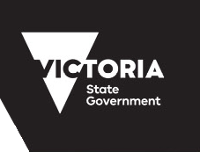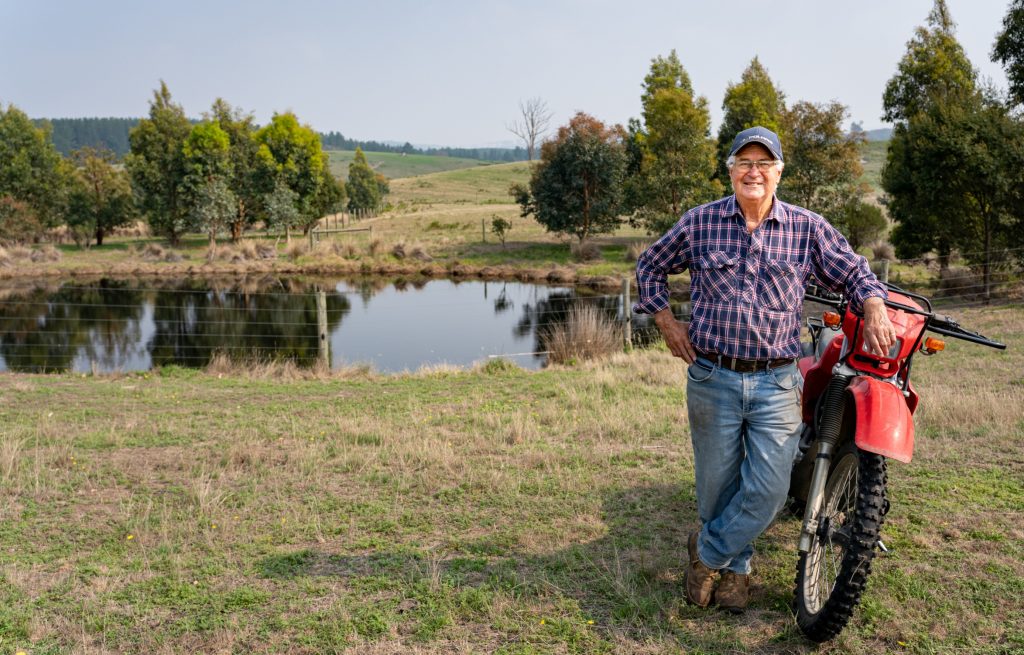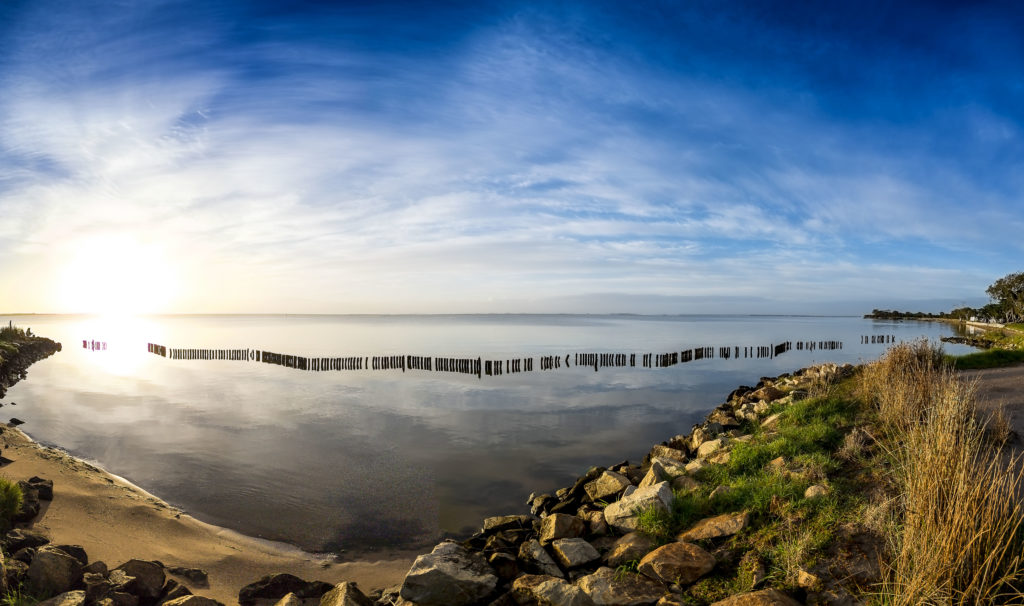Individuals, groups and organisations all have a role to play in land, water and biodiversity management. By working together to share knowledge and contribute resources, we increase our impact and benefits for the environment and the community.
Over time we will develop a prospectus of projects requiring future investment that contribute to the delivery of outcomes in this RCS.
Inclusion of projects in the prospectus will be guided by a set of principles as summarised below1:
Scale
- There is clearly identified and state geographic and temporal scale
Co-design
- The project involves the local community and partners in project design and provides on-going and inclusive community involvement including Traditional Owners
Quadruple bottom line
- The project has explicitly considered environmental, social, cultural and economic dimensions and identified the potential for environmental benefits and trade-offs
Method and evidence
- The project has clearly defined objectives, well described methods, uses sound available evidence (scientific, social, economic, and local knowledge) and demonstrates the capacity for adaptive management in response to new knowledge or changing circumstances
Co-delivery
- There are clearly described roles and responsibilities for funding, implementation and alignment with relevant strategies/plans
Value for money
- Ensure that the expenditure of public funds is done in appropriate ways and in which value for money can be assessed
Evaluation
- There is a clearly documented process for evaluation that enables adaptive management and supports judgements about worth and merit.
References
- Natural Decisions. Investing in Integrated Catchment Management (ICM). Final report for the Department of Environment, Land, Water and Planning, 2018.





